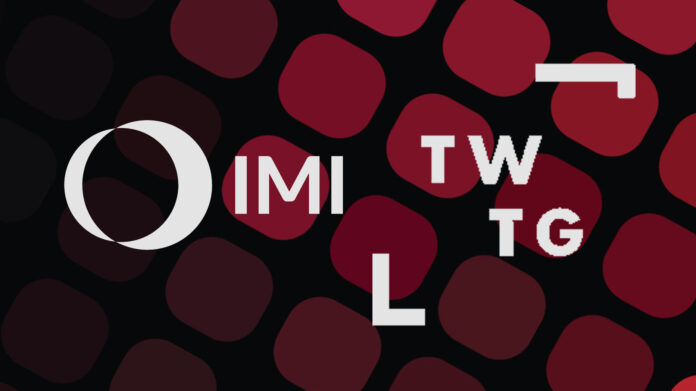UK engineering company IMI has acquired Netherlands-based industrial IoT developer TWTG Group for €25 million. TWTG, based in Rotterdam, will become part of IMI’s process automation business. Its portfolio of wireless sensors and integrated software allows plant operators to track, monitor, and optimise industrial machinery, processes, and other assets.
These include retrofit solutions for service flow control equipment, which will provide a “significant opportunity” to attach to IMI’s installed base of control equipment for process automation, said IMI. TWTG is a member of the LoRa Alliance, and a major LoRaWAN solution supplier.
IMI, based in Birmingham, is a FTSE100 engineering company with 10,000 staff, and manufacturing facilities in 18 countries. It designs, manufactures, and services equipment to control the precise movement of fluids. Its motion and flow control technologies, built around valves and actuators, enable vital sectors to become safer, sustainable, productive – it says.
TWTG makes IoT monitoring solutions for industrial assets, notably for the process manufacturing industry. The addition of its IoT capabilities will boost its after-market solutions in the industry. TWTG will generate revenue around €8.1 million in sales in 2024; its adjusted EBITDA is expected to close at around €2.3 million.
Roy Twite, chief executive at IMI, said: “TWTG is a fantastic business and a great fit with our process automation sector. TWTG’s differentiated product portfolio will greatly expand our asset monitoring offering and there are clear synergies, particularly in the aftermarket. I am delighted to welcome the TWTG team to IMI and look forward to working with them to create value for our customers and grow our business.”
Nadine Herrwerth, chief executive at TWTG, said: “We are humbled and excited to become part of IMI. This partnership offers us a tremendous opportunity to scale our innovations globally and broaden our impact with industrial internet of things solutions. By combining our strengths, we will continue to push the boundaries of automation and digitalisation, which is where both companies’ purposes converge.”

